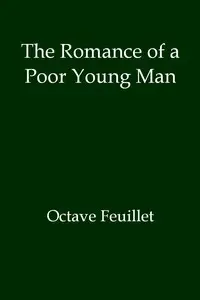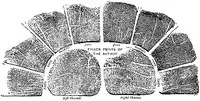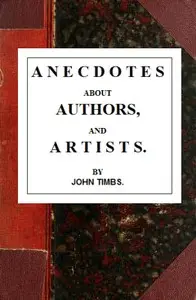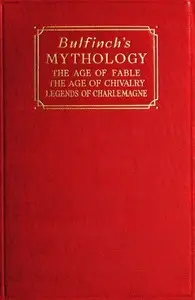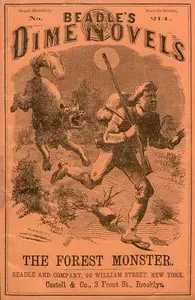"Monsieur de Camors — Volume 1" by Octave Feuillet is a novel that likely emerged during the mid-19th century, reflecting the social dynamics and moral philosophies of its time. The narrative follows the protagonist, Louis de Camors, and his conflicting nature between romantic idealism and the amoral teachings of his father, the Comte de Camors. As the story unfolds, themes of existentialism, morality, and the struggle for personal identity in a decadent society come to the forefront, drawing readers into the complexities of the characters' lives. At the start of the novel, we are introduced to the Count, who prepares for his shocking suicide while leaving a profound letter for his son, Louis. This letter serves as a philosophical treatise on life, liberty, and the rejection of societal norms, deeply influencing Louis's perception of morality and his self-image. As the narrative progresses, we see Louis attempting to carve his path amidst the elegantly tragic backdrop of French aristocracy. His past interactions and burgeoning feelings for a woman named Juliette, intertwined with his evolving identity shaped by his father's death, create an atmosphere charged with tension, guilt, and desire. The opening sets the scene for a deep exploration of character and societal critique, promising a rich reading experience for those intrigued by psychological and philosophical literature. (This is an automatically generated summary.)

Monsieur de Camors — Volume 1
By Octave Feuillet
"Monsieur de Camors — Volume 1" by Octave Feuillet is a novel that likely emerged during the mid-19th century, reflecting the social dynamics and mora...
Genres
Released
2003-04-01
Formats
epub (images)
epub
epub3 (images)
mobi
mobi (images)
Free Download
Overview
About the Author
Octave Feuillet was a French novelist and dramatist. His work stands midway between the romanticists and the realists. He is renowned for his "distinguished and lucid portraiture of life", depictions of female characters, analyses of characters' psychologies and feelings, and his reserved but witty prose style. His most popular work remains his 1858 novel Le Roman d'un jeune homme pauvre, which has been adapted for film many times by Italian, French, and Argentinian directors.
Total Reviews
10.0k
Total reviews from Goodreads may change


